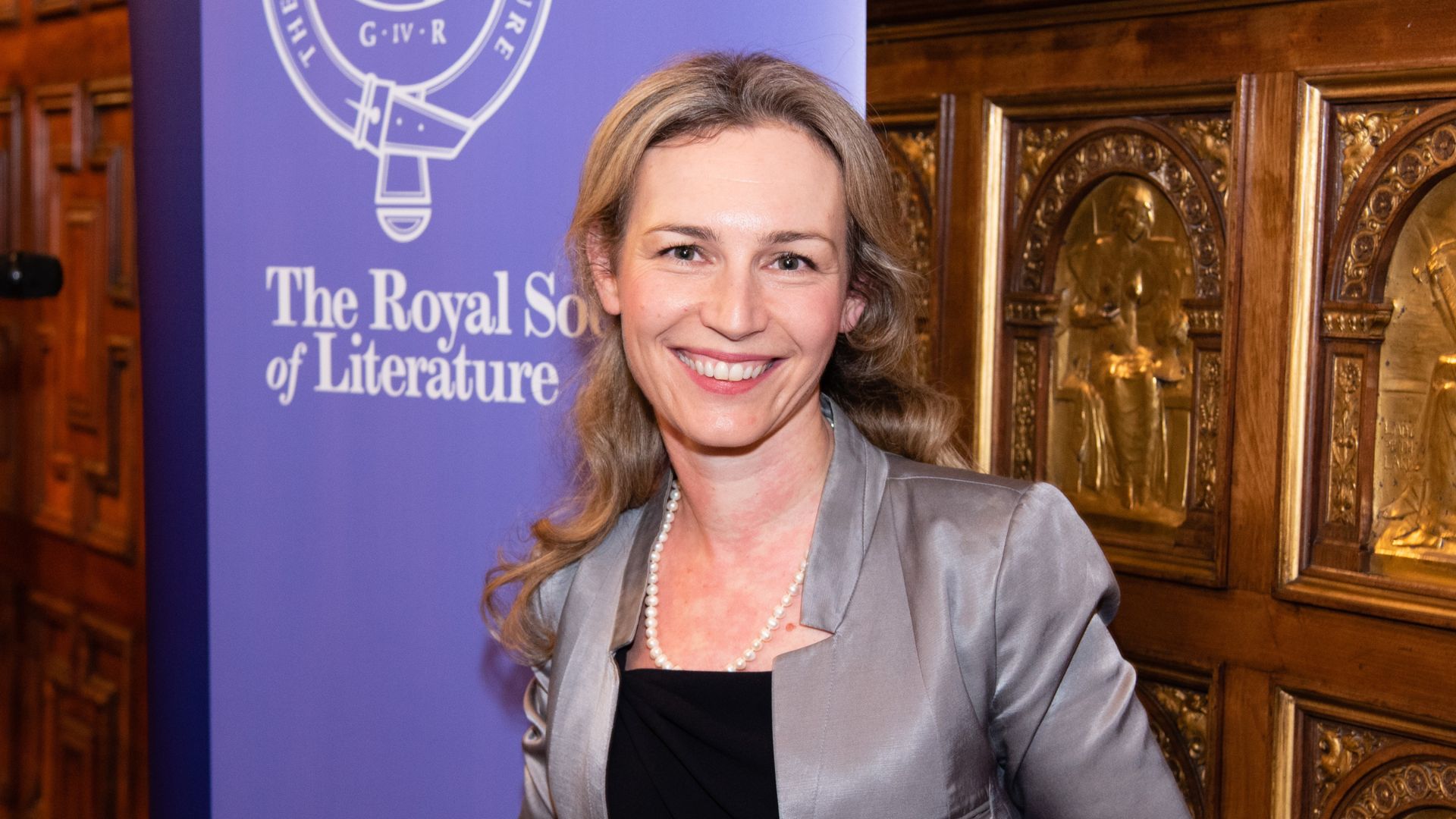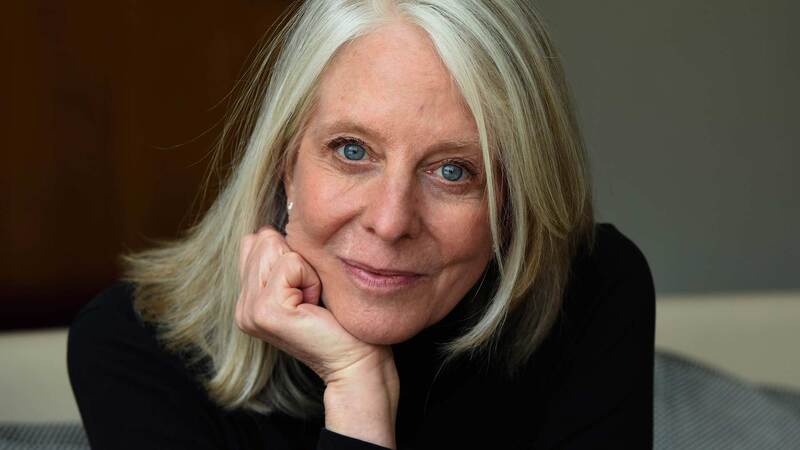You are viewing your 1 free article this month. Login to read more articles.
Ypi wins £10k RSL Ondaatje Prize for 'darkly humorous and deeply serious' memoir Free
Lea Ypi has won the £10,000 Royal Society of Literature’s Ondaatje Prize for Free (Allen Lane), a coming of age memoir set amid political upheaval.
The annual prize is awarded by the Royal Society of Literature (RSL) to an outstanding work of fiction, non-fiction or poetry that best evokes the spirit of a place.
Ypi was announced as the winner by RSL president emeritus Colin Thubron, on behalf of prize founder and funder Sir Christopher Ondaatje at an event in London on 4th May.
The judges of this year’s prize – chair Sandeep Parmar, Patrice Lawrence and Philippe Sands – said: “Reading and re-reading Lea Ypi’s Free, we felt very strongly that the book’s central concerns – politics, personal history, the very meaning of freedom – spoke so resonantly to our lived moment. How do nations dream about themselves; how do individuals think of themselves within these fantasies? How do we feel within histories and how are they institutionalised?
“Ypi is a master at the juxtaposition of these grand and personal narratives – of family secrets and political crises – and repeatedly we returned in our judging conversations to history’s long shadow, asking what darkness lies where things remain unquestioned. Ypi’s both darkly humorous and deeply serious work made us reflect forcefully on the need for truthfulness about the stories we are told and how we negotiate our own lives within them.”
Ypi is professor of political theory at the London School of Economics & Political Science and adjunct professor in philosophy at the Australian National University. A native of Albania, she has degrees in philosophy and in literature from the Sapienza University of Rome, a PhD from the European University Institute, and was a post-doctoral Prize Research Fellow at Nuffield College, University of Oxford. Her work has been recognised with several prizes such as the British Academy Prize for Excellence in political science and the Leverhulme Prize for Outstanding Research Achievement.
“This started as a book about concepts and so it is incredible to receive this prize for the best book that evokes the spirit of a place,” Ypi said. "It goes to show that concepts and places are connected to each other. It is really important to me because the place whose spirit is evoked is Albania, a place people don’t usually think about – it’s not somewhere that makes headlines unless there is something problematic happening. I hope that it will make people have an interest in the history of this country, which is also a history of universal significance.
“The book is about the transition from communism to liberalism in Albania and also the dilemmas of freedom that arise as people navigate these different systems. It connects these ideas with ordinary lives, the conflicts, hopes and tragedies that people lived through. I hope this book will make people more sensitive to the realities that should be paid attention to, regardless of whether there is a recognised crisis in a place or not.”
The book won from a shortlist featuring A K Blakemore’s The Manningtree Witches (Granta), Cal Flyn’s Islands of Abandonment: Life in the Post-Human Landscape (William Collins), Yousif M Qasmiyeh’s Writing the Camp (Broken Sleep Books), Sathnam Sanghera’s Empireland (Viking) and Elif Shafak’s The Island of Missing Trees (Penguin).





















